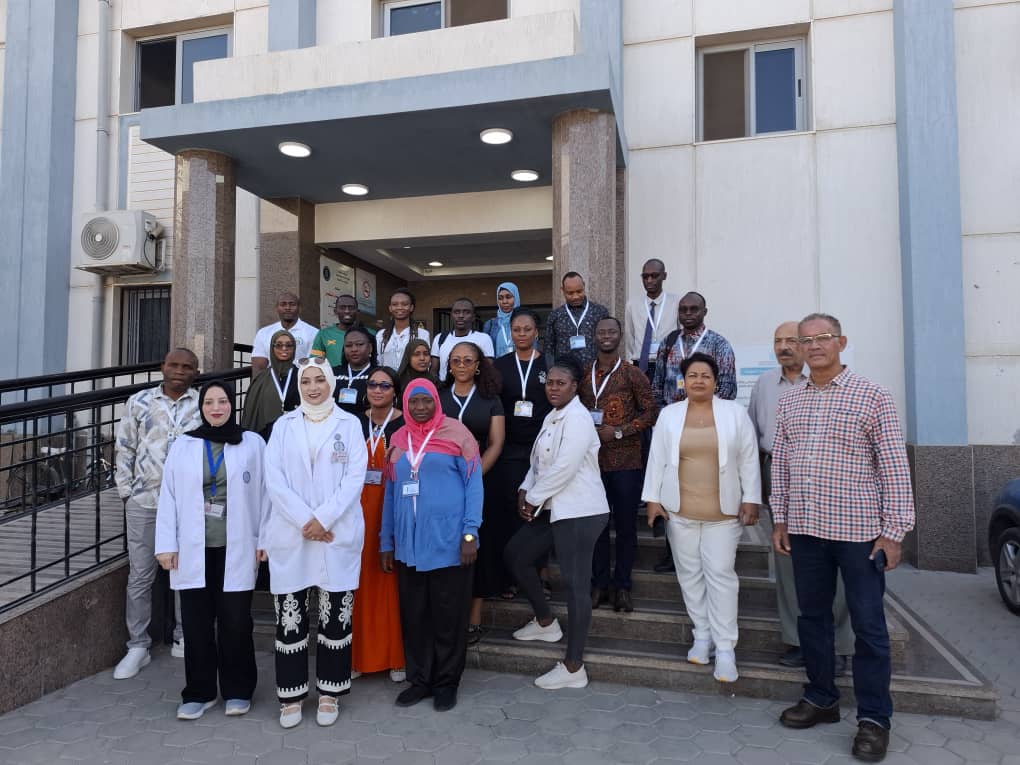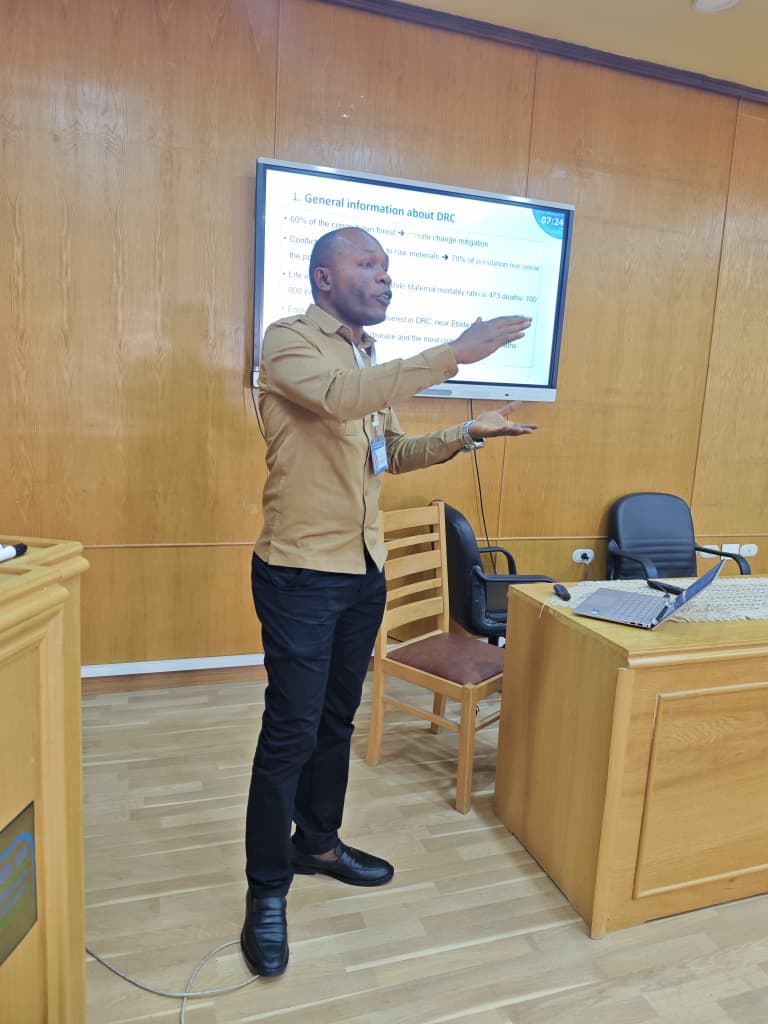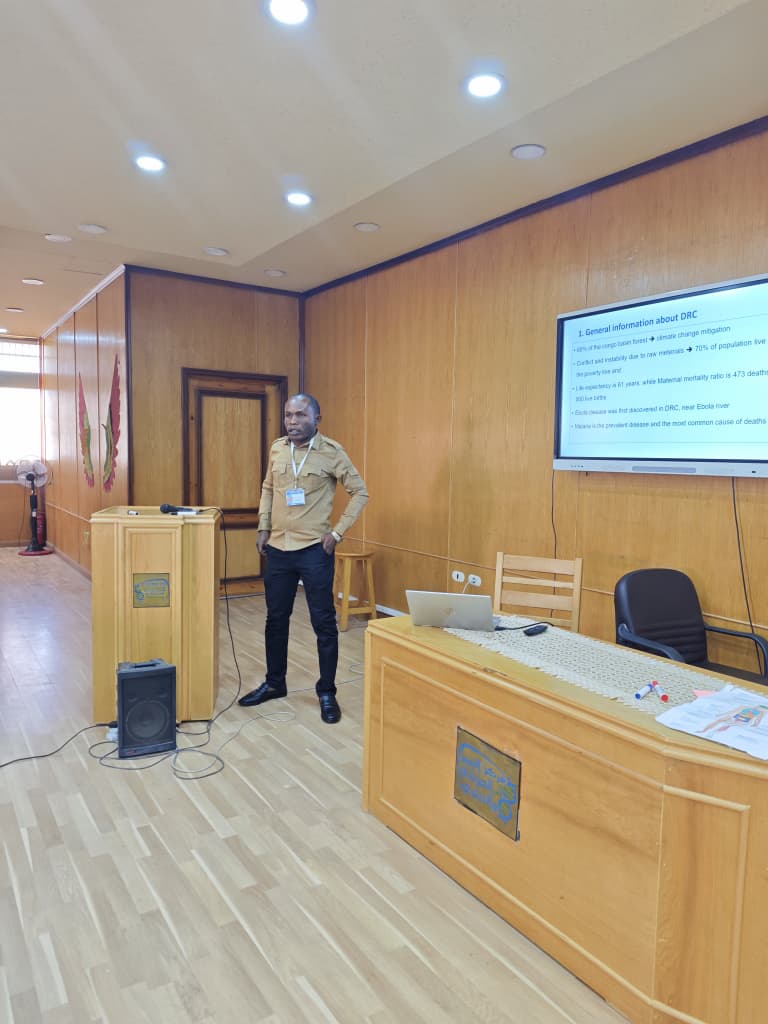
Non-communicable diseases (NCDs) are becoming growing public health challenges in Africa. Approximately two-thirds of Africans living with NCDs die prematurely, before the age of 70. By 2030, mortality from NCDs is projected to exceed that from perinatal and infectious diseases combined. While progress has been made in the prevention and control of some NCDs such as hypertension and diabetes in many African countries, substantial challenges persist in addressing the growing NCD burden across the continent. Moreover, limited attention is given to other major NCDs, including cancers, sickle cell disease, metabolic syndrome, cirrhosis, and chronic respiratory diseases. This underscores the urgent need to strengthen frontline health services for early detection, diagnosis, and long-term management.

The training course “Strengthening Early Diagnosis and Follow-up of Non-Communicable Diseases (NCDs) through Improved Laboratory Function in Africa” aims to build the capacity of healthcare professionals in the early detection, diagnosis, and management of NCDs through integrated clinical, practical, theoretical, and epidemiological modules. Held at Suez Canal University from September 28 to October 23, 2025, the program is funded by the Japanese International Cooperation Agency (JICA) and the Egyptian Agency of Partnership for Development (EAPD). It brings together 19 participants from various African countries, including the Democratic Republic of Congo, represented by Dr. Marcel Mubelo Aspro, Assistant Lecturer at Kinshasa School of Public Health.

